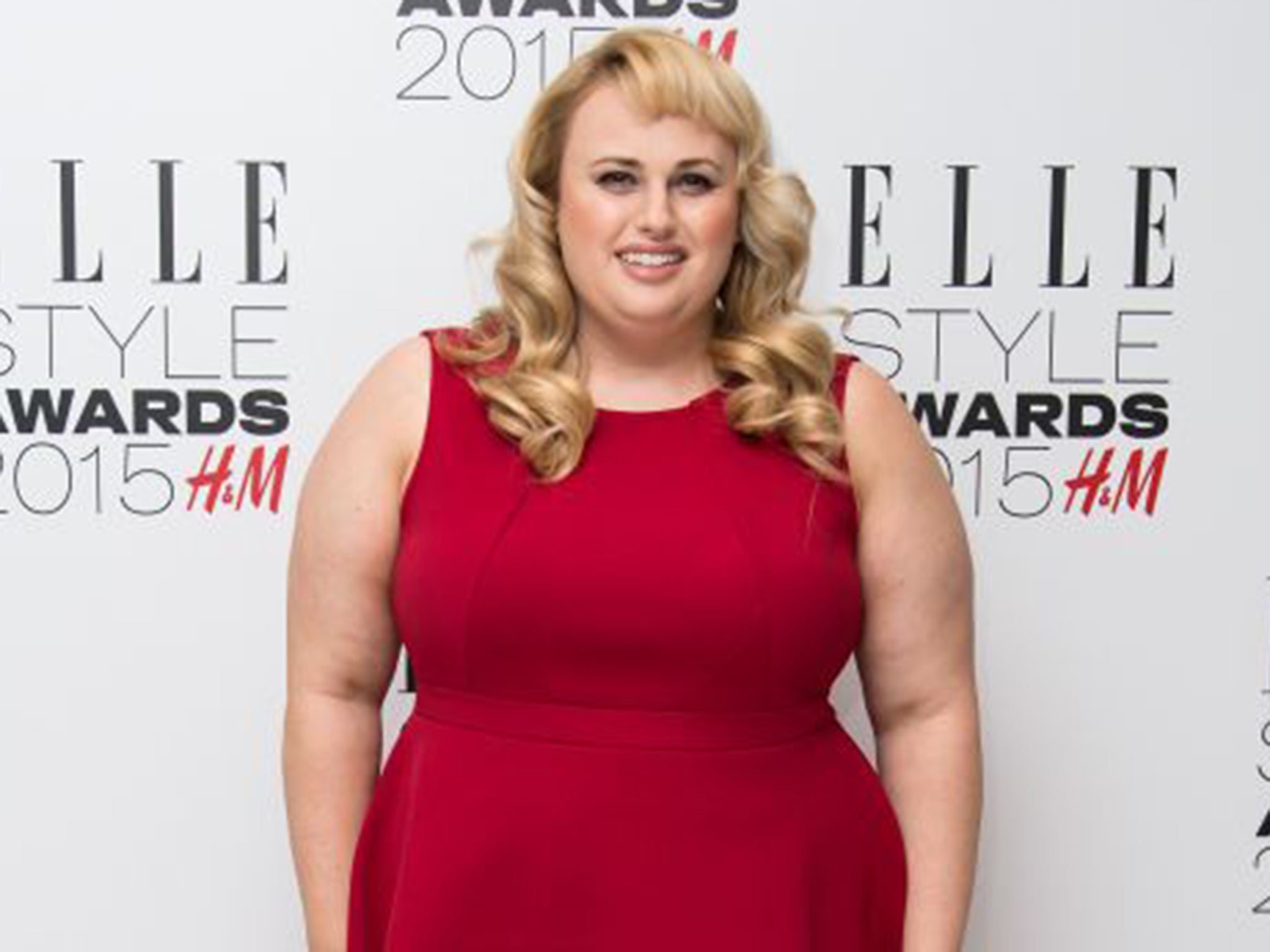Women's sell-by date is a pernicious lie
But as long as older female performers are locked out by Hollywood and the music industry, the outlook is bleak for us all


I’d always assumed that, when I grew older, I wouldn’t be the kind of woman who was coy about her age. Only those who are vain and insecure do that. And, anyway, my generation wouldn’t care about this stuff because, y’know, progress. And yet, as I adjust to my forties, I’m surprised to find I’m less inclined to reveal how old I am.
Recently, I was distressed to learn that I already had a few years on the character Margot from the TV series The Good Life (Penelope Keith was only 38 when the show ended). She may have rocked a turban with style but I can still remember watching her as a kid and seeing her as the embodiment of uptight middle age.
Then, last year, I found myself adjusting my date of birth on my Facebook profile. I’ve always loved that friends could wave from afar and wish me a happy birthday, so I wasn’t going to delete it, but I wasn’t sure that I wanted them to see my actual age either. So I changed my date of birth so that Facebook would say I was 100. Ho bloody ho.
Is this the start of a mid-life crisis? Is adjusting Facebook stats a short leap to fat grafts and chemical peels? And is it any wonder that we feel insecure when we look around and all we see are people – women, mostly – being penalised for their inability to make time stand still?
Last week, 37-year-old actress Maggie Gyllenhaal revealed that she was turned down for a film role after being told that she was too old to play a 55-year-old man’s love interest. “It made me feel bad,” she said. “And then it made me feel angry, and then it made me laugh.” Also last week, the Australian actress Rebel Wilson, of Bridesmaids fame, was accused of having lied about her age and claiming to be 29 when she is, in fact, 35 – her misdemeanour seemingly on a par with snatching babies from prams and cooking them for her tea.
Meanwhile, Madonna marches on in her crusade to break every taboo in the book, the latest one being to continue, at 56, doing the job she has done for the past 30 years, but now against a chorus of “Put it away, grandma”.
Who decided that women should – irrespective of their talent and their ability to earn – be washed up, while men, with their stately silver-streaked hair and characterful wrinkles, should continue doing what they do for another 20 or 30 years unimpeded? Hollywood and the music industry are the worst culprits, of course, which is especially galling since these are businesses that influence how so many of us think and live and do.
There’s a running gag in the BBC comedy series Episodes involving an actress called Morning who is thought, thanks to extensive surgery, to be at least 20 years older than the characters she plays, I keep expecting her plotline to deepen and find some resolution but, like ageism itself, it just goes on and on, with no sense that things might change.
Indeed, in cultural terms, the way female mid-life is presented is far from helpful. It’s well known that Anne Bancroft, playing the cradle-snatching Mrs Robinson in The Graduate, was only six years older than her co-star Dustin Hoffman, which just goes to show that, in Hollywood, female years are like dog years.
And I love Oscar Wilde as much as the next person, but when, in A Woman of No Importance, he wrote, “One should never trust a woman who tells one her real age. A woman who would do that would tell anything”, he deserved a sharp kick in the shins.
Recently, the myth of a woman’s sell-by date was brilliantly lampooned in “Last Fuckable Day”, a sketch by the US comic Amy Schumer in which she stumbles upon three well-known actresses – Julia Dreyfus, Tina Fey and Patricia Arquette – having a picnic. They are, it turns out, celebrating Dreyfus’s last day of being “believably fuckable” by the powers that be in the entertainment industry.
“If you shoot a sex scene the night before your birthday,” says Fey, “everyone’s like, ‘Hurry up, hurry up, we’ve got to get it before midnight’ because they think your vagina’s going to turn into a hermit crab.”
What’s daft about our creeping discomfort is that this vanishing youth often combines with a blast of confidence. Ask any woman in her late thirties about how she feels about what others think of her, and the chances are she’ll tell you that she doesn’t give a toss. Parenthood, financial responsibility, meatier job roles and also grave mid-life experiences such as divorce, illness and bereavement are, at their most basic level, character-building. At the very least, they put a few grey hairs into perspective.
Me, I don’t much care about how I look in a bikini and, since I’ve dyed my hair since I was 14, greying isn’t a problem. But the age thing still makes me uneasy. It’s not because I’m halfway through my life, or that I’m especially fearful of the future (the absence of age-related goals in my life has meant that I’m rarely disappointed).
It’s more that the narrative in my head – that I look OK, that I’m good at my job, that, hey, I made a human and she’s turning out to be pretty cool – is in opposition to the louder external narrative that I’m past my peak, that my body is disintegrating, my kid will soon hate me and it’s all downhill from here. It’s only when these narratives change that we will stop fretting about age and really celebrate being mature grown-ups.
Twitter: @FionaSturges
Join our commenting forum
Join thought-provoking conversations, follow other Independent readers and see their replies
Comments
Bookmark popover
Removed from bookmarks